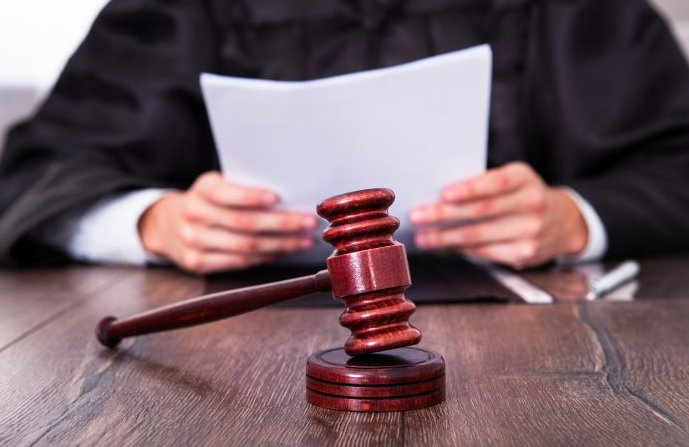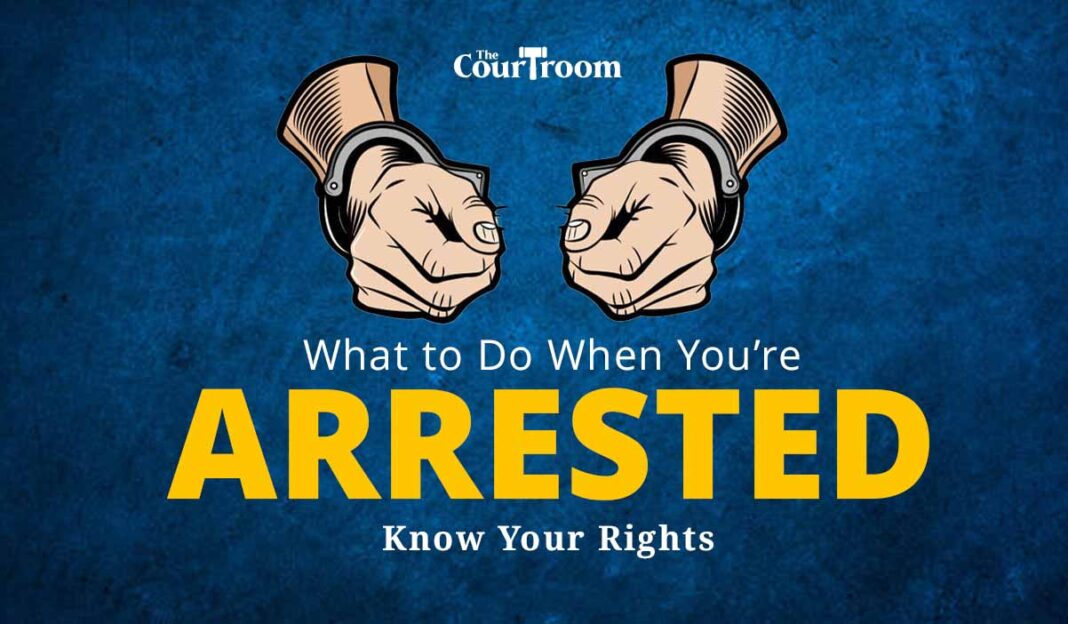Understanding Your Rights When Arrested in India
Getting arrested can be an overwhelming experience, so it’s important to know your rights to ensure you are treated fairly. The Indian Constitution and various legal provisions offer certain protections to individuals who are arrested. Being aware of these rights not only helps you protect yourself but also ensures that law enforcement authorities abide by the law. Here’s a breakdown of the rights you should be aware of if you are ever arrested in India.
1. Right to Be Informed of the Charges

According to Article 22(1) of the Indian Constitution, any person who is arrested must be informed of the reasons for their arrest. This means that the police are required by law to explain why you are being detained, in a language you understand. The arresting officer must provide a clear explanation of the charges against you, ensuring transparency from the beginning.
Also read: 10 Legal Rights Everyone Should Know in India
2. Right to Remain Silent

Under Article 20(3) of the Indian Constitution, you have the right not to incriminate yourself. This means you are not required to say anything that may be used against you in court. You can choose to remain silent until you have consulted with a lawyer. This right is crucial in preventing you from unintentionally admitting guilt or providing information that could be misinterpreted.
Also read: Top 10 Lawyers of India who Changed Indian Legal Ecosystem
3. Right to Legal Representation

Article 22(1) of the Indian Constitution also gives you the right to consult and be represented by a legal practitioner of your choice. It is essential to contact a lawyer as soon as possible after your arrest. If you cannot afford a lawyer, you can request a legal aid attorney. Having a lawyer present ensures that your rights are protected throughout the legal process.
4. Right to Be Produced Before a Magistrate

Under Section 57 of the Code of Criminal Procedure (CrPC), a person who has been arrested must be presented before a magistrate within 24 hours of the arrest, excluding travel time. This rule prevents unlawful detention and ensures that a judicial authority promptly reviews the reasons for your arrest.
Also read: 10 Legal Rights Everyone Should Know in India
5. Right to Medical Examination

Section 54 of the CrPC allows an arrested person to request a medical examination by a registered medical practitioner. This is particularly important if you have been subjected to physical abuse or have medical conditions that require attention. A medical report can serve as evidence if your rights have been violated while in custody.
6. Right to Bail

Depending on the nature of the offense, you may have the right to bail. For bailable offenses, you can secure your release by posting bail. For non-bailable offenses, bail may be granted at the court’s discretion. Knowing whether the offense is bailable or non-bailable helps you plan your legal strategy.
7. Right to Contact a Family Member or Friend

While not explicitly stated in the Constitution, the Supreme Court of India has upheld the right to inform a family member or friend about your arrest. This ensures that someone is aware of your situation and can take the necessary steps to assist you, such as hiring a lawyer or arranging for bail.
8. Right to Protection from Unlawful Search and Seizure

The police must follow legal procedures when conducting searches and seizures. Section 165 of the CrPC requires that searches must be conducted in the presence of independent witnesses, and a copy of the search warrant should be provided. Any evidence obtained unlawfully may be challenged in court.
9. Right Against Handcuffing

The Supreme Court has ruled that handcuffing an arrested person is not permissible unless there is a risk of escape or violence, as outlined in the Prem Shankar Shukla vs. Delhi Administration case. This ruling aims to protect the dignity of individuals and prevent the excessive use of force.
10. Right to a Speedy Trial

Although not explicitly defined, the right to a speedy trial is inferred from Article 21 of the Indian Constitution, which guarantees the right to life and personal liberty. Delays in legal proceedings should be avoided, and you have the right to request a speedy trial to ensure that justice is not delayed.
Conclusion
Understanding your rights when arrested in India is essential for protecting your freedoms and ensuring that the justice system treats you fairly. These rights are designed to safeguard you from abuse and provide a fair legal process. If you or someone you know is arrested, it’s important to remain calm, assert these rights, and seek legal assistance immediately. By staying informed, you can help ensure that your rights are respected and that you receive a fair trial.
Share your news, articles, deals, columns, or press releases with us! Click the link to submit and join our platform today.


